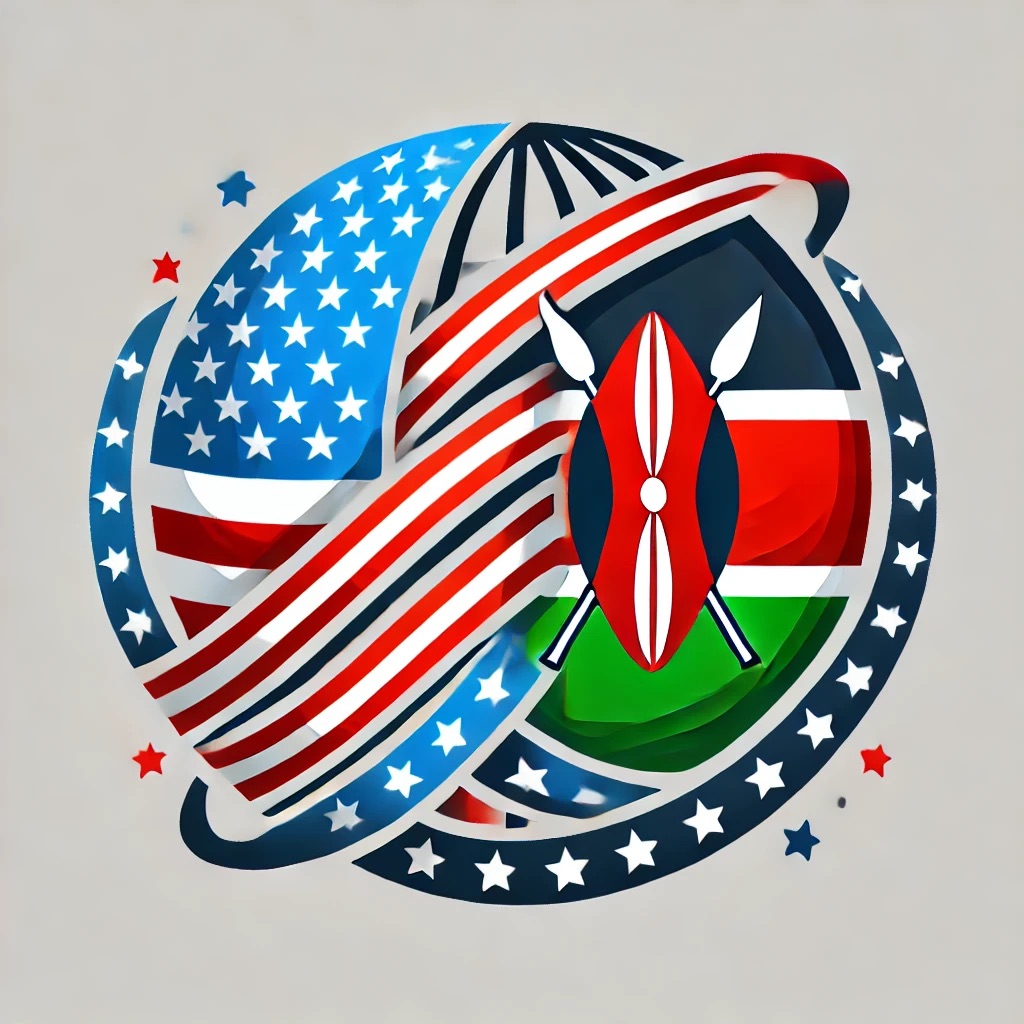
Family-sponsored immigration is one of the most common pathways for Kenyans to immigrate to the United States. It allows U.S. citizens and Lawful Permanent Residents (LPRs) to reunite with family members by sponsoring them for permanent residency. Below, I’ll provide an overview of the different family-based visa categories, the steps involved, tips for a successful application, and where to access the resources needed for the process.
Types of Family-Sponsored Visas
Family-sponsored visas fall into two main categories: Immediate Relative (IR) Visas and Family Preference (F) Visas.
1. Immediate Relative (IR) Visas
- These visas are reserved for close family members of U.S. citizens. They are not subject to annual quotas, so visas are always available, reducing waiting times significantly. Eligible relatives include:
- IR-1: Spouse of a U.S. citizen.
- IR-2: Unmarried child (under 21) of a U.S. citizen.
- IR-3 and IR-4: Orphans adopted abroad or to be adopted in the U.S.
- IR-5: Parent of a U.S. citizen (if the U.S. citizen is over 21).
Key Tips:
- The sponsor must submit Form I-130, Petition for Alien Relative, to the U.S. Citizenship and Immigration Services (USCIS) to initiate the process.
- Ensure you have all required documentation (proof of relationship, financial support, etc.) to avoid delays.
- Immediate relatives who are already in the U.S. are eligible for Adjustment of Status, which allows them to get a Green Card without returning to Kenya.
Resources:
- Detailed guidelines and application forms are on the USCIS Green Card for Immediate Relatives page.
- For those applying abroad, visit the U.S. State Department’s Family Immigration page for consular processing details.
2. Family Preference (F) Visas
- These visas are for more distant family relationships and are subject to annual quotas, which can result in longer waiting periods. The categories include:
- F1: Unmarried adult children (21 years and older) of U.S. citizens.
- F2A: Spouses and unmarried children (under 21) of LPRs.
- F2B: Unmarried adult children of LPRs.
- F3: Married children of U.S. citizens.
- F4: Brothers and sisters of U.S. citizens (sponsor must be over 21).
Key Tips:
- For family preference categories, monitoring the Visa Bulletin published monthly by the U.S. Department of State is crucial, as visa availability is tied to numerical limits and country quotas.
- Carefully track your Priority Date (the date the I-130 petition is filed), as this determines your place in the visa waiting line.
- Each family member must have a separate Form I-130 if you sponsor multiple relatives.
Resources:
- More information about family preference visas is available on the USCIS Family Preference Visas page.
- To view current visa availability and priority dates, consult the U.S. Visa Bulletin.
Steps for Sponsoring a Family Member
- Petition Filing:
- The process starts with U.S. citizens or LPR filing Form I-130 with USCIS. This form establishes the qualifying relationship.
- The sponsor must provide proof of their status (citizenship or LPR) and evidence of the family relationship (marriage certificates, birth certificates, etc.).
- Form Processing and Approval:
- Once the petition is approved, the case moves to the National Visa Center (NVC) if the beneficiary is abroad. The NVC will guide you through paying fees, submitting additional documentation, and preparing for an interview at a U.S. embassy or consulate.
- Visa Application:
- If your family member is abroad, they will go through Consular Processing, which includes an interview at the U.S. embassy in Kenya.
- If they are already in the U.S., they can apply for Adjustment of Status using Form I-485, allowing them to become a Green Card holder without leaving the country.
- Interview and Approval:
- The interview focuses on verifying the authenticity of the relationship and the applicant’s eligibility. Be prepared with comprehensive documentation.
- Final Steps:
- Once approved, the beneficiary receives an immigrant visa, which allows them to travel to the U.S. and receive their Green Card shortly after arrival.
Common Challenges and Tips for Success
- Documentation Accuracy: Double-check all forms and documents for accuracy and completeness to avoid delays.
- Respond promptly to Requests for Evidence (RFEs): If USCIS or the NVC requests additional documents, respond promptly with the correct information.
- Prepare for the Interview: Ensure your family member is well-prepared for the interview by understanding the process, reviewing the petition, and bringing all required documents.
Final Thoughts
Family-sponsored immigration is a tried-and-tested route for many Kenyans to achieve the dream of settling in the United States. You can navigate this complex process smoothly with the right preparation and careful attention to detail. For additional information or to start the process, visit the following resources:
These resources provide up-to-date forms, instructions, and eligibility guidelines to help you through the process.
